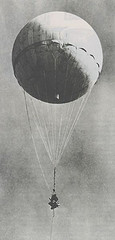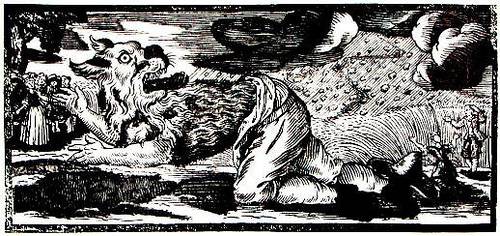“A young lady, newly married, being obliged to show her Husband all the Letters she wrote, sent the following to an intimate friend.”
Reveal the Secret
I cannot be satisfied, my dearest Friend,
blest as I am in the matrimonial state,
unless I pour into your friendly bosom,
which has ever beat in unison with mine,
the various sensations which swell
with the liveliest emotion of pleasure,
my almost bursting heart. I tell you my dear
husband is the most amiable of men,
I have now been married seven weeks, and
never have found the least reason to
repent the day that joined us. My husband is
both in person and manners far from resembling
ugly, cross, old, disagreeable, and jealous
monsters, who think by confining to secure —
a wife, it is his maxim to treat as a
bosom friend and confidant, and not as a
plaything, or menial slave, the woman
chosen to be his companion. Neither party
he says, should always obey implicitly;
but each yield to the other by turns.
An ancient maiden aunt, near seventy,
a cheerful, venerable, and pleasant old lady,
lives in the house with us; she is the de-
light of both young and old; she is ci-
vil to all the neighborhood round,
generous and charitable to the poor.
I am convinced my husband loves nothing more
than he does me; he flatters me more
than a glass; and his intoxication
(for so I must call the excess of his love)
often makes me blush for the unworthiness
of its object, and wish I could be more deserving
of the man whose name I bear. To
say all in one word, my dear, and to
crown the whole — my former gallant lover
is now my indulgent husband; my husband
is returned, and I might have had
a prince without the felicity I find in
him. Adieu! may you be as blest as I am un-
able to wish that I could be more
happy!
“The key is to read the first and then every alternate line only.”
— Charles Bombaugh, Facts and Fancies for the Curious From the Harvest-Fields of Literature, 1860




